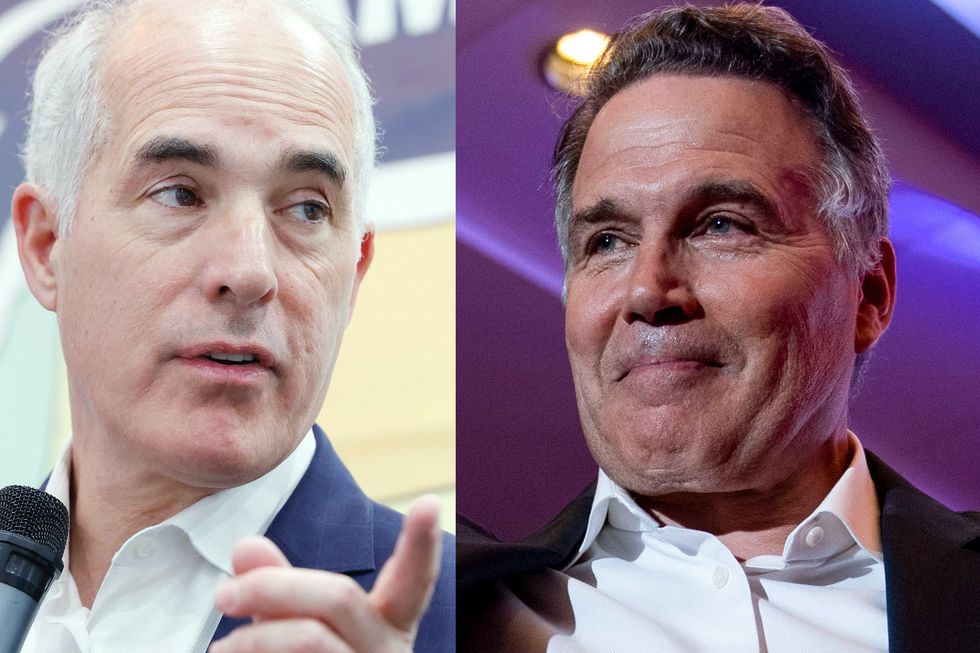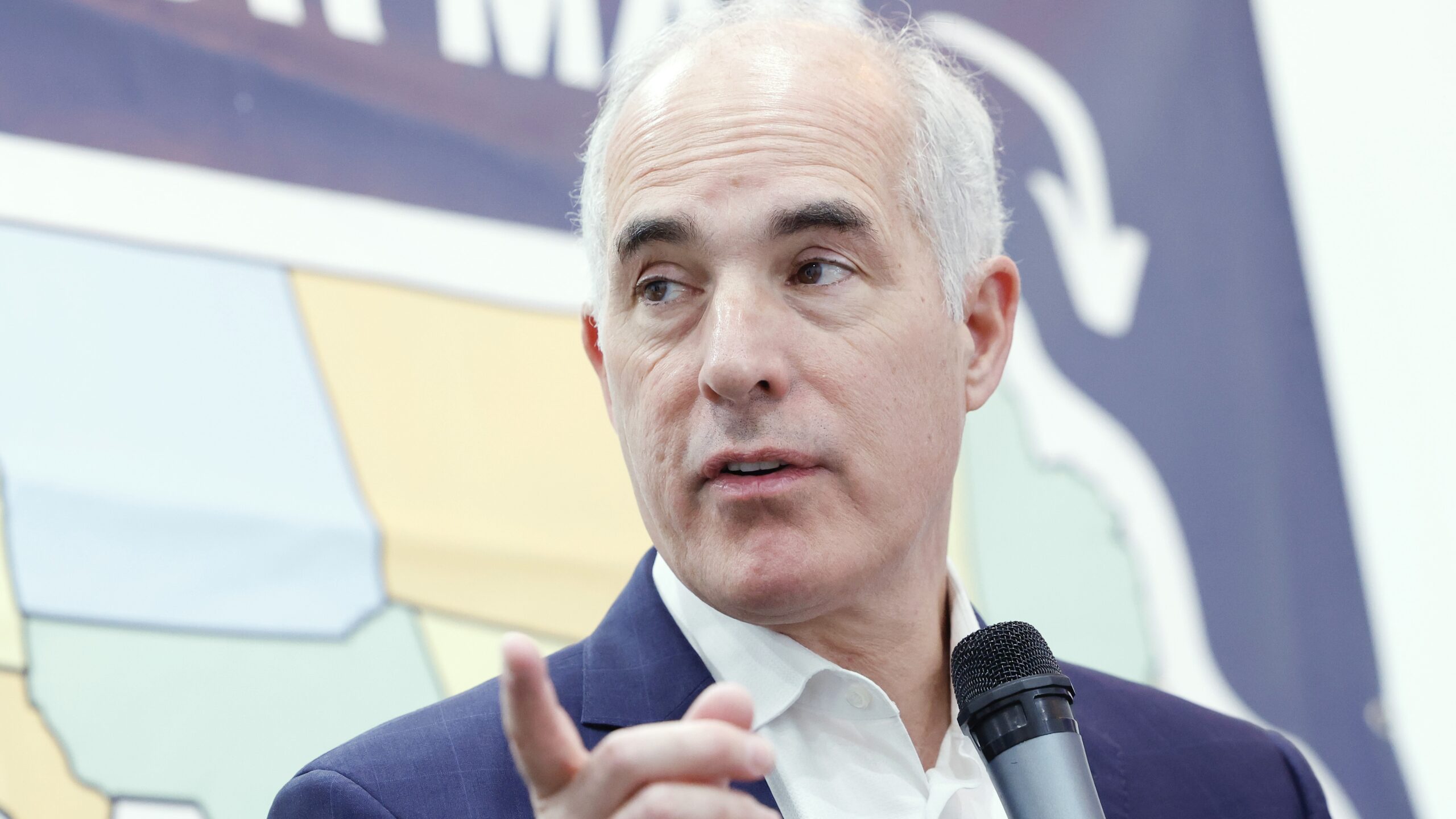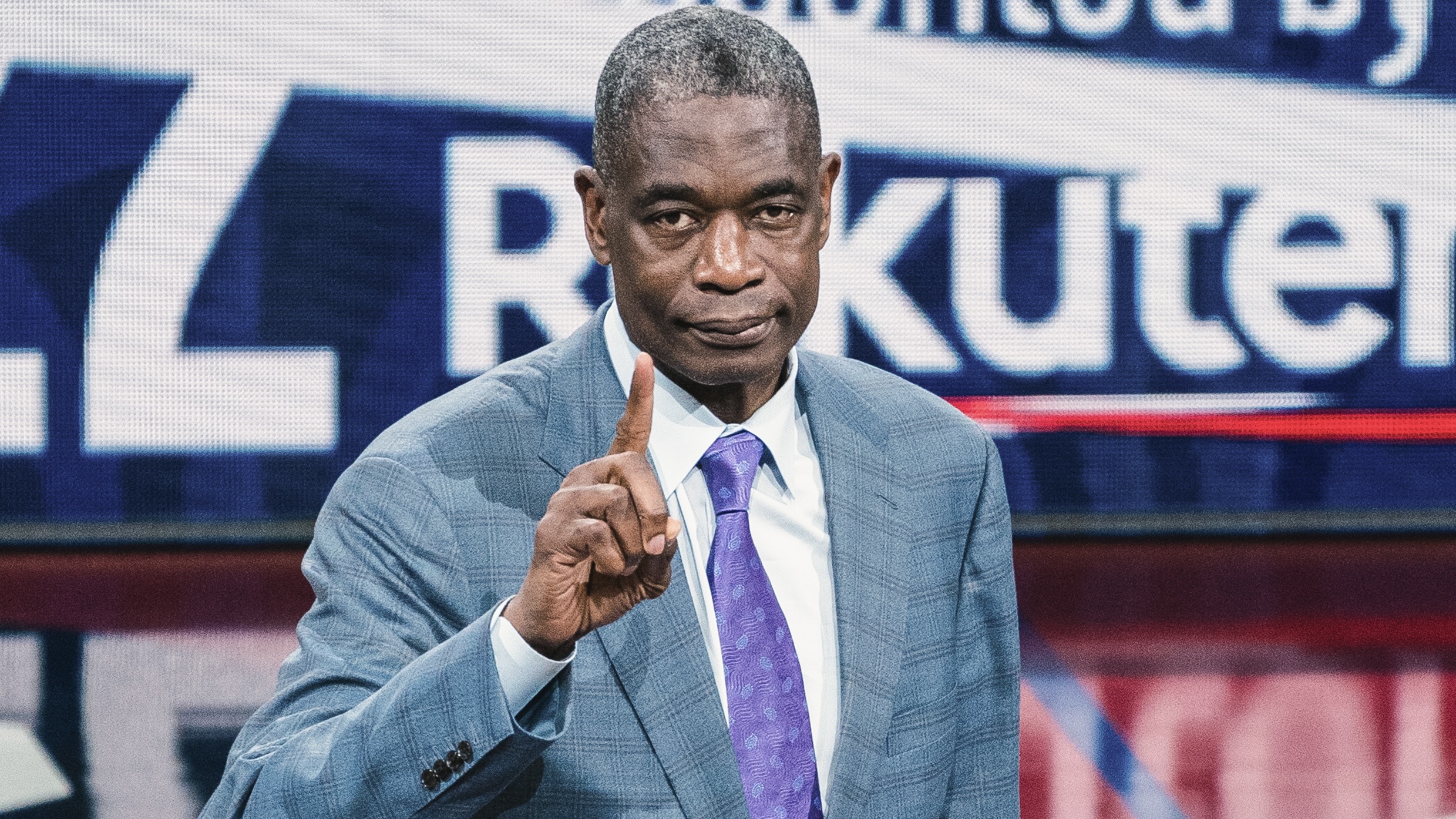CNBC hosts scoff at Harris economic adviser trying to justify creation of a new tax to fund her spending policies
CNBC hosts disdainfully dismantled a Harris campaign economics adviser for trying to defend her new tax proposal on Thursday. Bharat Ramamurti, who also worked in the Biden administration, explained the proposal to tax investors on unrealized gains while appearing on "Squawk Box" with hosts Joe Kernen and Becky Quick. 'It's not income. It's not an income tax if you tax unrealized gains.' "I think it's a commonsense policy to make sure we address the problem that we have right now, which is that for people who earn most of their income through a large investment portfolio over the course of their lifetime, the effective rate they pay on that is a lot lower than somebody who goes in and teaches school every day or drives a bus or works on the factory floor," said Ramamurti. "I think that's unfair, and I think most Americans agree with that." He also claimed that no one who earns under $400,000 a year would face new taxes and that a hundred million Americans would get a tax cut. Quick challenged him that the tax would discourage investment, but a later exchange made the CNBC hosts laugh at his argument. "Taxing unrealized gains just doesn't seem fair in any sense of the word," said Quick. "If you are taxing unrealized gains, all you're doing is pulling forward the taxes that would be paid later when somebody actually sells the stock." "I think that this reaction to unrealized gains is a little funny given that I bet that the majority of people watching right now are already paying a tax on unrealized gains; it's called a property tax," he replied. "Property tax," Kernen muttered. "It's tiring. It's not the same. It's always the go-to answer." "Property tax is a use tax. That's a use tax; you're paying for schools. And the value of your home never moves the way a stock moves," Quick countered. "You're paying for schools, you're paying for emergency services, those are things that make absolute sense." Ramamurti tried to claim that the existence of a property tax is similar to the unrealized gains tax proposal, which set off Kernen even more. "It's probably unconstitutional. It was never in anyone's intent to tax, and it's never gonna happen, probably," Kernen added. "It's not income," Quick said to back up Kernen. "It's not an income tax if you tax unrealized gains." Ramamurti said that the unrealized capital gains tax would only apply to less than one half of one percent, or about 60,000 people. The unrealized tax proposal is just one of the many tax programs that have been suggested by the Harris-Walz campaign. Part of the segment was posted on CNBC's YouTube channel. Like Blaze News? Bypass the censors, sign up for our newsletters, and get stories like this direct to your inbox. Sign up here!


CNBC hosts disdainfully dismantled a Harris campaign economics adviser for trying to defend her new tax proposal on Thursday.
Bharat Ramamurti, who also worked in the Biden administration, explained the proposal to tax investors on unrealized gains while appearing on "Squawk Box" with hosts Joe Kernen and Becky Quick.
'It's not income. It's not an income tax if you tax unrealized gains.'
"I think it's a commonsense policy to make sure we address the problem that we have right now, which is that for people who earn most of their income through a large investment portfolio over the course of their lifetime, the effective rate they pay on that is a lot lower than somebody who goes in and teaches school every day or drives a bus or works on the factory floor," said Ramamurti. "I think that's unfair, and I think most Americans agree with that."
He also claimed that no one who earns under $400,000 a year would face new taxes and that a hundred million Americans would get a tax cut.
Quick challenged him that the tax would discourage investment, but a later exchange made the CNBC hosts laugh at his argument.
"Taxing unrealized gains just doesn't seem fair in any sense of the word," said Quick. "If you are taxing unrealized gains, all you're doing is pulling forward the taxes that would be paid later when somebody actually sells the stock."
"I think that this reaction to unrealized gains is a little funny given that I bet that the majority of people watching right now are already paying a tax on unrealized gains; it's called a property tax," he replied.
"Property tax," Kernen muttered. "It's tiring. It's not the same. It's always the go-to answer."
"Property tax is a use tax. That's a use tax; you're paying for schools. And the value of your home never moves the way a stock moves," Quick countered.
"You're paying for schools, you're paying for emergency services, those are things that make absolute sense."
Ramamurti tried to claim that the existence of a property tax is similar to the unrealized gains tax proposal, which set off Kernen even more.
"It's probably unconstitutional. It was never in anyone's intent to tax, and it's never gonna happen, probably," Kernen added.
"It's not income," Quick said to back up Kernen. "It's not an income tax if you tax unrealized gains."
Ramamurti said that the unrealized capital gains tax would only apply to less than one half of one percent, or about 60,000 people.
The unrealized tax proposal is just one of the many tax programs that have been suggested by the Harris-Walz campaign.
Part of the segment was posted on CNBC's YouTube channel.
Like Blaze News? Bypass the censors, sign up for our newsletters, and get stories like this direct to your inbox. Sign up here!
Originally Published at Daily Wire, World Net Daily, or The Blaze
What's Your Reaction?
































































































